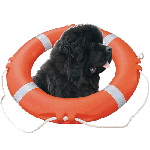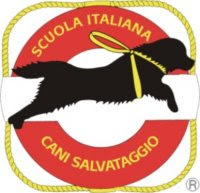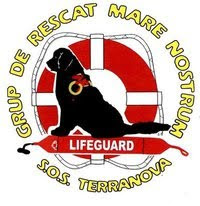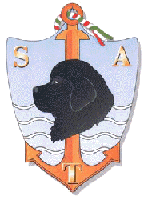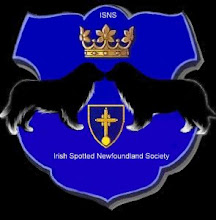Tuesday, January 23, 2024
Pub Attempting To Track Down Piece of "Newfoundland-Labrador" History
(Alfie Lumb - Yahoo News - January 23, 2024)
"One of the oldest pubs in Dorset is attempting to track down an antique item that symbolises the long history of the watering hole. The landladies of the Black Dog pub on St Mary Street in Weymouth, who have been at the hostelry for nearly three years, are appealing to the public to help them be reunited with their old hanging sign.
The painted sign that is being tracked down features both a black Labrador and a white dove, a nod to both names the pub took on in its history.
The sign, a mainstay of the pub, is thought to have been sold back in 2012.
It was last seen on an online auction site after it was sold to an unknown person for £62.
Built sometime in the 16th century, probably during the reign of Elizabeth I, the pub was formerly known as The Dove Ale House until Weymouth won the contract to trade with the new colonies of Newfoundland and Labrador in Canada. The landlord (at the time) of this Weymouth pub purchased the first black 'Newfoundland Labrador' dog ever seen in the south west from one of the new trading ships from that region. The dog, apparently, brought such an amazing number of curious sightseers from the surrounding area that the landlord changed the name of the pub in honour of the dog that had brought so much prosperity and interest to the hostelry. Pub landladies Heidi Bennett and her mum Debbie said they decided to launch an appeal to get the sign back after a member of staff spotted it online after it was sold. Heidi said: 'We were looking into the history of the pub and a member of staff came across the Black Dog hanging sign for sale online a while ago and brought it to our attention. We knew that it was from our pub as it has the Devenish brewery painted below it and features the Labrador, as well as a white dove due to the pub formerly being known as the Dove Ale House.' Heidi went on to say that the antique painting was sold in the online auction for £62, and hopes that it has passed into the hands of someone local as the delivery option stated ‘local delivery only.’ She said: 'It would be nice to have it back or see who has hold of it at the very least - we’d like to either hang it inside the pub or put it back outside as the swinging sign.'
Heidi added that she hopes the current owner has a connection to the pub after purchasing the sign, saying she’d find it ‘hard to believe’ if not, due to the payment and local pick-up. 'It’s such a cool sign and it connects the old with the new and the great history of the pub,' she added.
Anyone with any information is urged to make contact with the Black Dog, either by popping into the establishment on St Mary Street or call 01305 771426."
Friday, January 5, 2024
Italy's Lifeguard Dogs Work With Humans To Create A "Six-Legged Unit" For Water Rescues
(By Annie Reneau - Upworthy.com - January 4, 2024)
"If you're enjoying the gorgeous waters off the coast of Italy and find yourself swept out by a riptide or a rogue wave or in some other kind of water peril, you might be surprised by who comes to save you. Lifeguards on Italy's beaches will sometimes bring a canine companion along with them to assist with water rescues. These aren't just any old dogs—they're specially trained lifeguard dogs who are paired with a human, making a 'six-legged unit' that's able to paddle multiple swimmers to safety. According to Ferruccio Pilenga, president of the Italian School for Lifeguard Dogs, our furry friends make ideal lifeguard partners because they are able to remain calm under pressure and instinctively choose the safest path through the water currents to get back to shore safely. And because the dogs are able to keep both the rescuer and the person(s) being rescued afloat, they allow the human lifeguard to conserve energy and focus on being a more effective rescuer. 'I always say, to pull a sled you need at least six dogs. To pull six people, you only need one dog,' shares Pilenga.
The lifeguard school has over 350 certified rescue dogs. They currently save between 20 and 30 people a year, with those numbers increasing each year. These heroes jump from speeding boats and helicopters to reach people in distress. The training is rigorous and exhausting, but the dogs seem to enjoy it. Pilenga started the training school after his own dog, a Newfoundland named Mas, rescued his daughter when she was struggling to stay above water in a lake as a young child. Newfoundlands make great water rescue dogs with their thick double coats, webbed feet, and immense size and strength that allows them to pull large loads behind them as they swim. But other breeds of dogs are trained at the Italian School for Lifeguard Dogs as well. The school is serving as an inspiration for other countries to utilize dogs to aid in water rescues. In fact, there's even an American Academy of Canine Water Rescue in Massachusetts. What a wonderful way to use a dog's natural strengths to save lives."
Monday, January 1, 2024
Subscribe to:
Posts (Atom)







